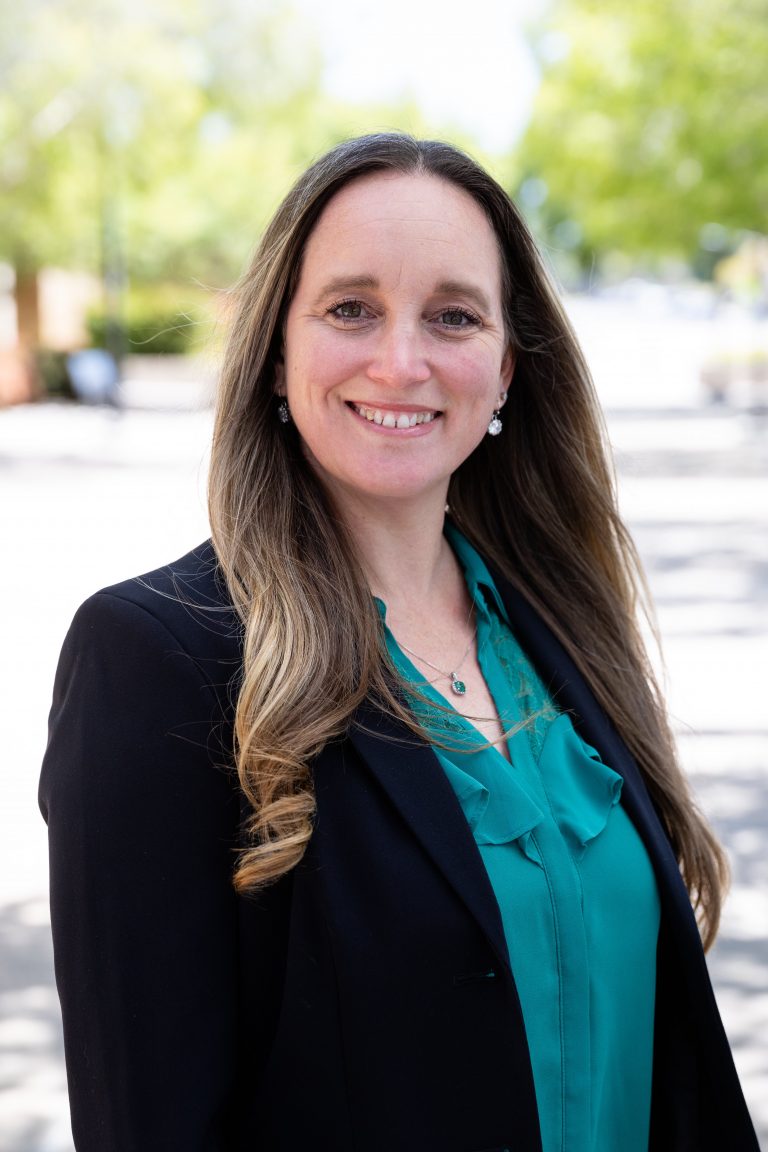History
The La Jolla Immunology Conference (LJIC) is a three day event which takes place annually, drawing attendees from all sectors of the immunology community in order to present their research and share ideas.
The historical significance of the LJIC begins in the early 20th century. During the second world war, Torrey Pines was previously known as Camp Callan, a US Army anti-aircraft facility. As San Diego’s population grew, many residents of La Jolla became uncomfortable living in such close proximity to an active base. The city owned more than 49,000 acres of land, and business and civic leaders urged the city to use that space to attract scientific research to the area. Several entities would take advantage of the city’s invitation, eventually establishing La Jolla as a prominent hub for immunology research for decades to come. In 1946, Scripps Clinic separated from the hospital and became Scripps Clinic and Research Foundation and began to build research facilities and recruit scientists. In 1960, UC San Diego was officially established as a university centered around “mathematics, physics, chemistry and biological sciences.” Jonas Salk had begun searching for a site to establish a research institute, eventually deciding on La Jolla and beginning construction in 1962. Before coming to this decision, a young scientist by the name of Melvin Cohn attracted Salk’s attention. Cohn was an emerging scientist researching molecular biology at Stanford University. At the time, Salk originally had his sights set on the bay area and fortunately for him, Cohn was able to show him around. Although Salk would eventually shift his attention to La Jolla, a friendship evolved, and Cohn was eventually asked to serve as a co-founder for the Salk Institute.
And so it began, the “big three” Scripps, UCSD and Salk, established a epicenter for bioscience research in southern california. Following suit, these institutions would begin collaborating on meetings in order to share research and ideas, and what would originally would become the La Jolla Immunology Conference was created. In the 1970’s Richard Dutton (UCSD), William Weigle (Scripps) and Melvin Cohn (SALK) each had one postdoc from their labs organize a meeting for them to discuss their research. This meeting consisted of no more than 30 scientists, and took place at a motel in lake Arrowhead. Of these attendees, Melvin Cohn stimulated conversations amongst the postdocs and scientists alike- someone whose legacy is still honored in our conference today.
The conference has since moved back to La Jolla, where it has stayed for over 40 years. Thanks to consistent participation and support from our community, the LJIC has been able to thrive, inspiring greater and growing participation each year. The Mel Cohn award was instituted in 2016 to honor one of the conference’s original members and is awarded to the best graduate student or postdoctoral study of the year.
Board of Directors
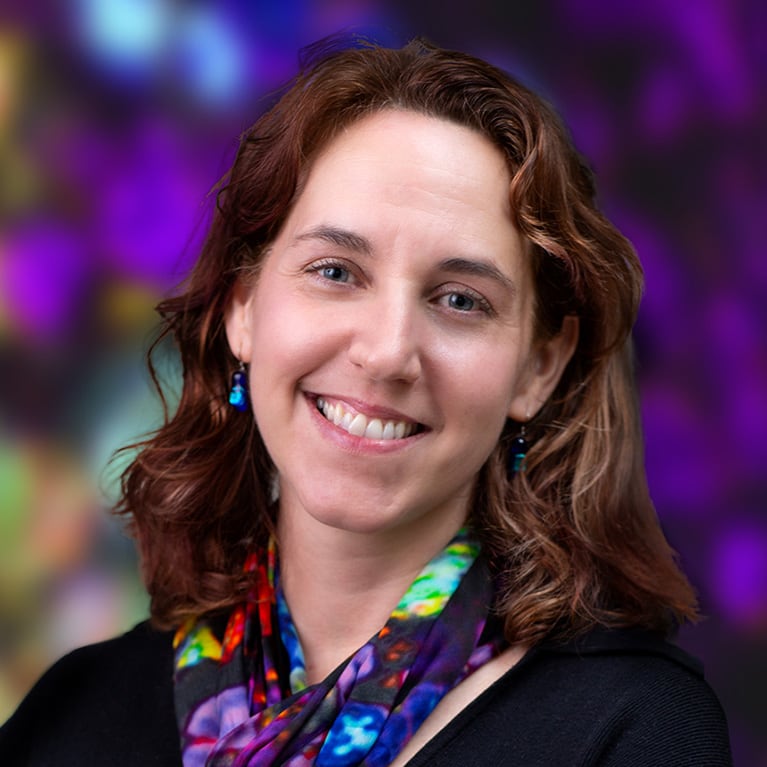
Susan Kaech, Ph.D.
President of LJIC Board; Chair of LJIC
Professor & Director
NOMIS Center for Immunobiology & Microbial Pathogenesis
Salk Institute for Biological Studies
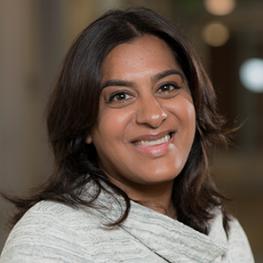
Sonia Sharma, Ph.D.
Vice President of LJIC; Co-Chair of LJIC; Director of LJIC Board
Associate Professor, Center for Autoimmunity & Inflammation, Center for Cancer Immunotherapy, Center for Sex-based Differences in the Immune System
La Jolla Institute for Immunology (LJI)
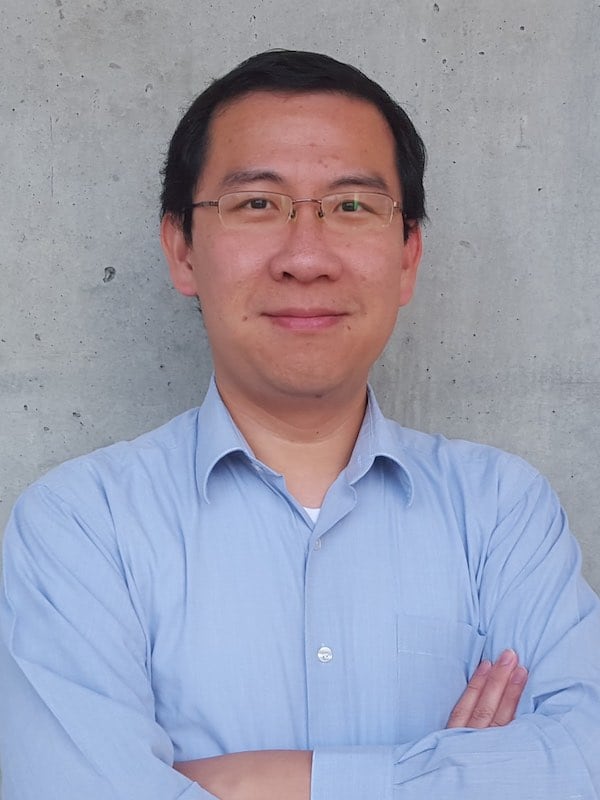
Li-Fan Lu, Ph.D.
Co-Chair of LJIC; Director of LJIC Board
Professor
UC San Diego
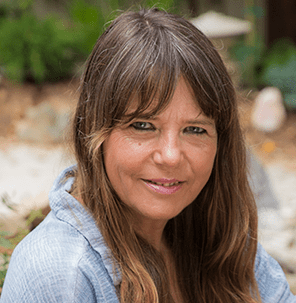
Hilde Cheroutre, Ph.D. Treasurer; Director of LJIC Board
Full Professor
La Jolla Institute for Immunology (LJI)
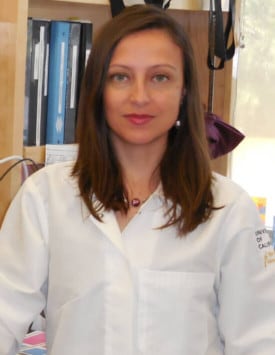
Manuela Raffatellu, M.D.
Director of LJIC Board
Professor
Department of Pediatrics
Division of Host-Microbe Systems and Therapeutics
University of California, San Diego

Craig Monell, Ph.D.
Director of LJIC Board
Senior VP, Reagents
Revvity
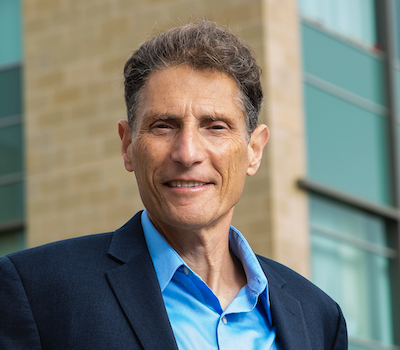
Mitchell Kronenberg, Ph.D.
Director of LJIC Board
Professor, President Emeritus
La Jolla Institute for Immunology (LJI)
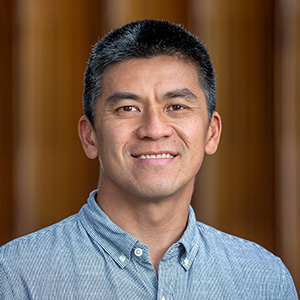
Howard Hang, Ph.D.
Director of LJIC Board
Professor, Department of Immunology and Microbiology
The Scripps Research Institute
